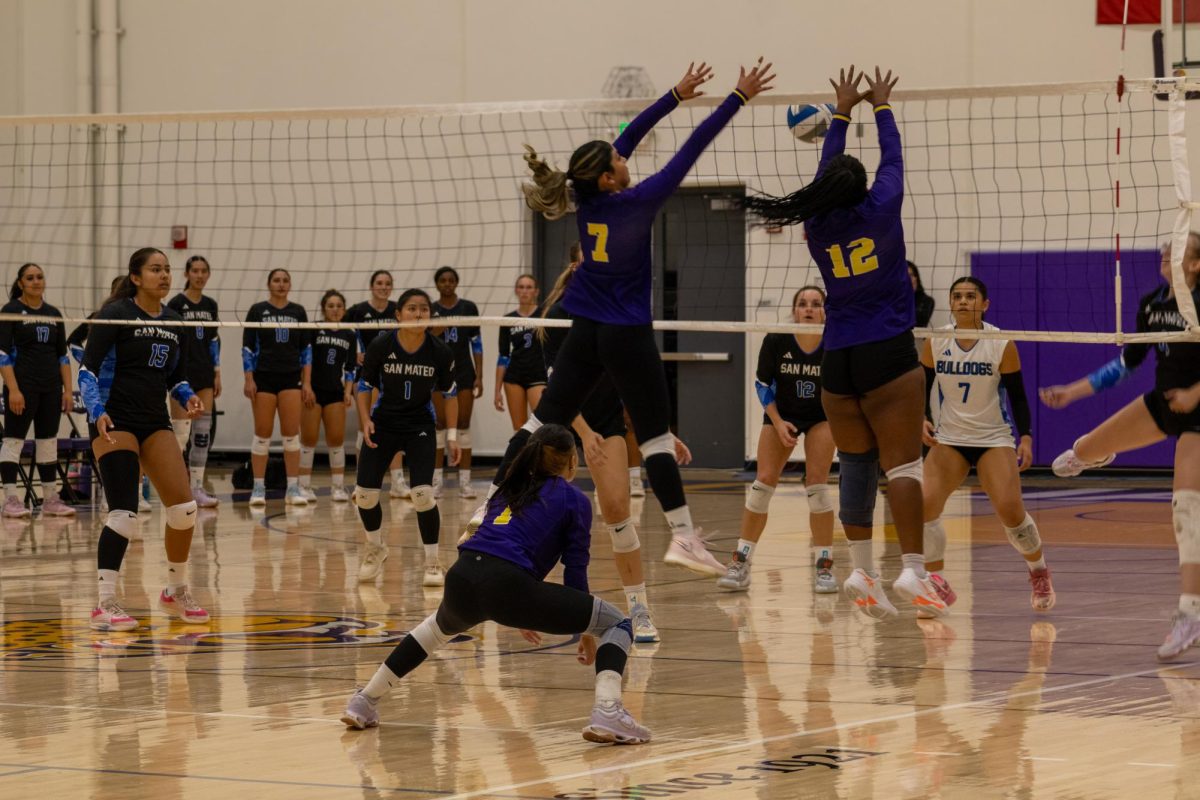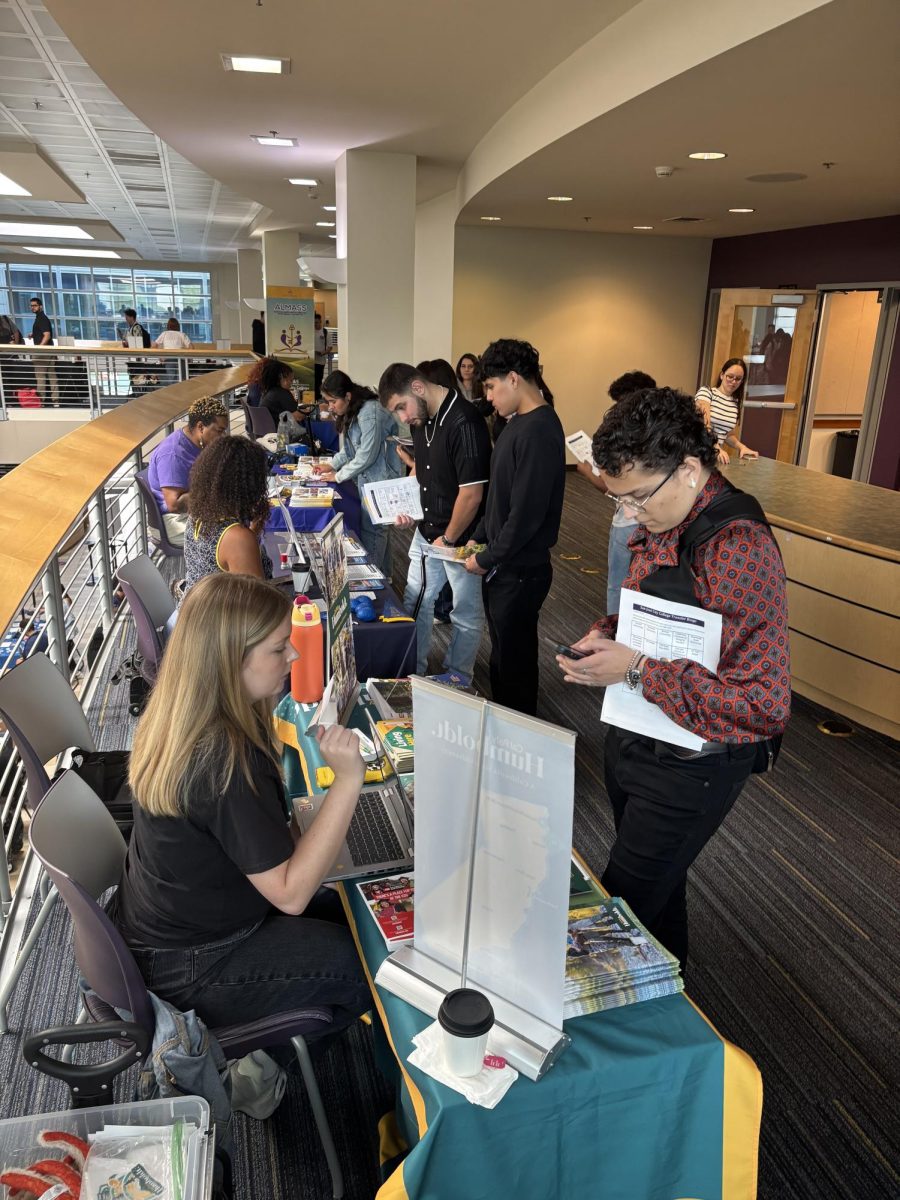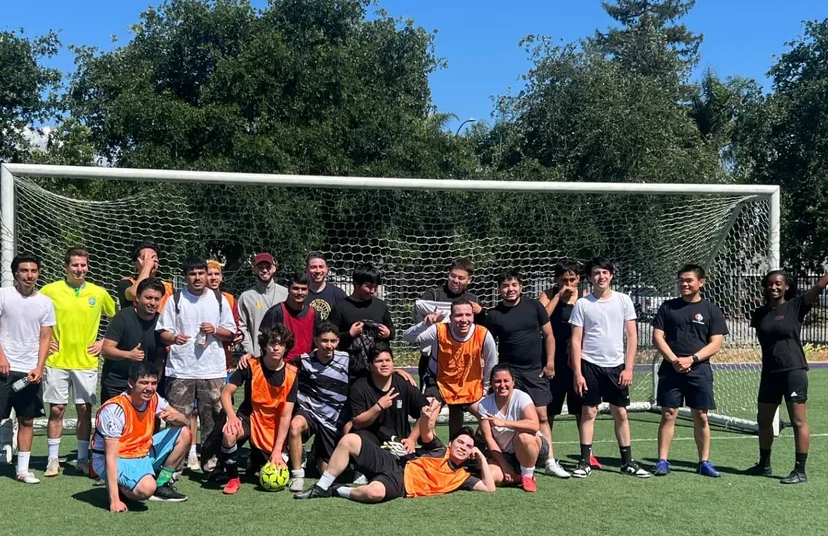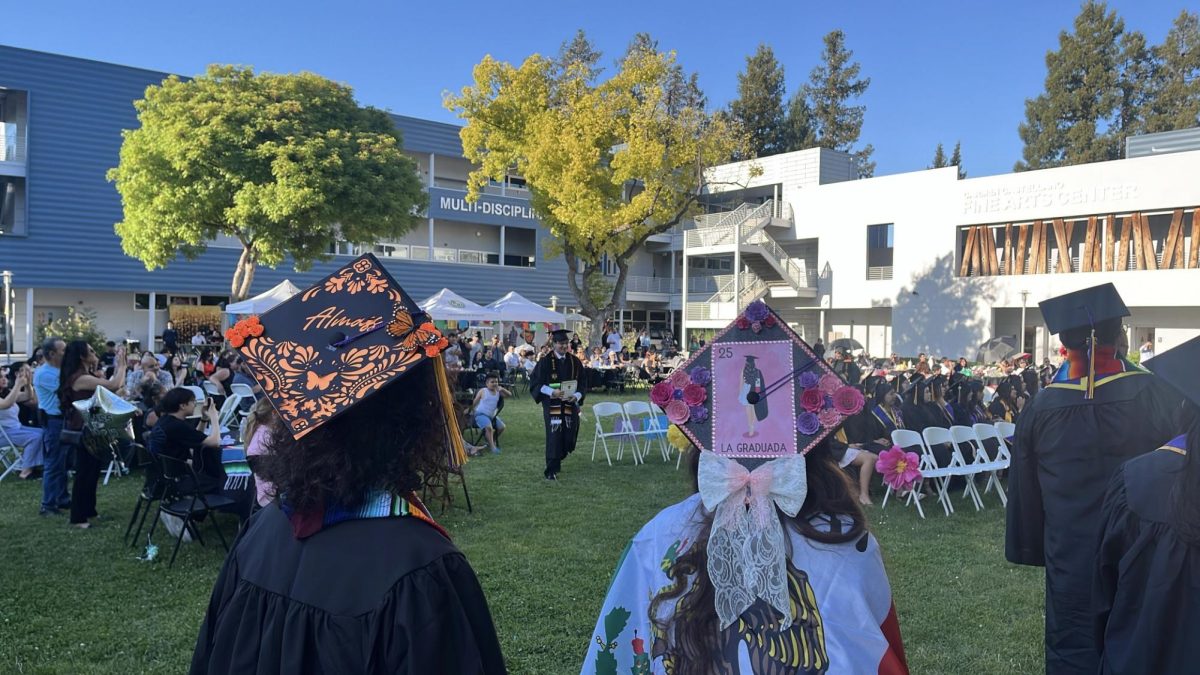Strong support system provides keys to transfer
The Swahili word for unity is “Umoja,” which serves as both the name and central idea of the on-campus program offering a support system to underrepresented student groups on campus.
San Jose City College students Kristyn Blue, 20, criminal justice major, and Imani Caldwell, 19, graphic design major, are prime examples of student success from the Umoja Program.
Blue has been attending SJCC since fall 2011. She was introduced to the program as a senior in high school.
“I was approached by (Khalid) White, who told me about the program,” Blue said.
She participated in the program from fall 2011 to spring 2012. With the help of instructors and faculty, she said she has performed well in school and continues to do so.
“I was able to get a 4.0 GPA with their help,” Blue said. “Now I’m maintaining a 3.8 GPA.”
As a criminal justice major, Blue plans to work in law enforcement or as a correctional officer.
“I plan to work for the Santa Clara County Sheriff’s Department one day,” Blue said.
She balances both academics and athletics as a member of the track team. She says it is an excellent way to relieve the stress caused by her busy schedule.
“Track is what keeps me sane,” Blue said.
Blue is looking at universities with National Collegiate Athletic Association Division II track and field programs. Division II is the second level of the association where smaller universities typically compete.
Caldwell is in her second year at SJCC and is preparing to graduate in May. She began participating in the program in fall 2012.
“My mom works here and she introduced me to Khalid White,” Caldwell said.
Caldwell says the program has affected her in a very positive way.
“It has kept me really involved in school,” Caldwell said. “It’s very eye opening.”
Caldwell hopes to work in the advertising business and possibly in web design.
“In five years I’d like to be working in the field and making use of my degree,” Caldwell said.
Caldwell plans on transferring to California State University, Fresno or Fayetteville State University in North Carolina.
The main focus of the program is improving skills in reading, writing classes and ethnic studies classes.
“If students are below transfer-level English,” history instructor Khalid White said, “we do our best to get them to at least English 1A.”
White said students participating in the program take a guidance course in their first semester to get them on the right track.
Academic and personal counselors work together with students to ensure academic success, develop leadership skills and prepare students for the future.
“The program provides community support to help students transfer,” White said.
There is an application that can be filled out with a few prerequisites. The application can be obtained from Pamela Turner, Umoja counselor, or Elizabeth Eckford, Umoja program specialist.
Students need to be enrolled in courses as high as English 92 and Reading 101. They will then be evaluated by an English professor to determine their reading and writing level.
“It’s primarily based in the African-American student group,” White said. “But it’s open for anybody to join.”
White has been working with the program for six years and he reflects on how much Blue and Caldwell have grown since they have been in the program.
“Normally it would take them roughly five or six years to transfer,” White said. “But now they’re beating the statistics.”
White expressed the enjoyment he finds in working with the program.
“I enjoy being a part of something important,” White said.
The Umoja program is a resource that can provide support for those who ask for it.
“I’m always going to thank the Umoja program,” Blue said.






